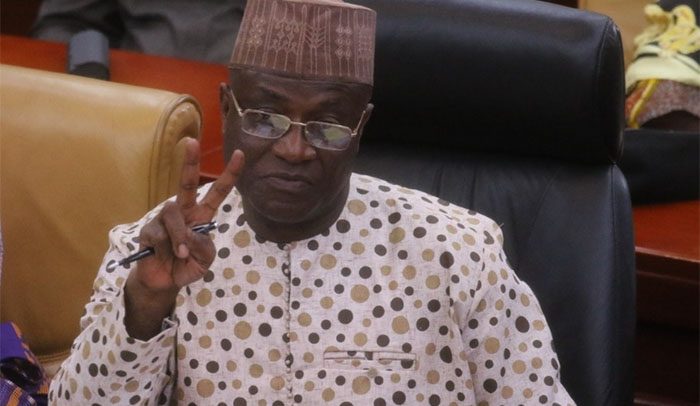
As Finance Minister Dr. Cassiel Ato Forson presents the 2025 Budget statement before the august House of Parliament, a finance expert cautions against reckless spending in the wake of recent debt relief gains.
Mr. Prince Yeboah Boateng, a lecturer at the University of Professional Studies-Accra (UPSA) Department of Accounting, strongly warns that government must resist the temptation to ‘just spend anyhow’ despite a reduction in the country’s debt burden.
According to a release from the Bank of Ghana (BoG) Monetary Policy Committee, Ghana’s debt-to-GDP ratio moderated to 43.8 percent as of June 2025 – having reduced drastically from 61.8 percent at end-December 2024.
This reduction is the result of some debt relief achieved through the debt restructuring programme and appreciation of the cedi.
Commenting further, Mr. Boateng stated he does not expect any new direct taxes in the upcoming budget. Instead, he urges government to focus on widening the tax net by bringing the informal sector into the fold rather than further burdening a tax-fatigued formal sector.
The lecturer notes that even though some macroeconomic stability has been restored, there is still a disconnect between the improving indicators and realities faced by citizens and businesses.
To address this the problem, Boateng emphasises that the budget must have a “practical effect” on lives of the populace – moving beyond a technical document to a relatable “citizens’ budget” that translates the figures into tangible benefits on the ground.
His expectation is that government will bring finality to simplifying the Value Added Tax (VAT) system, stressing that reforming the complex tax will help build business confidence and enhance compliance.
The post Editorial: Maintain fiscal discipline and avoid reckless spending appeared first on The Business & Financial Times.
Read Full Story
















Facebook
Twitter
Pinterest
Instagram
Google+
YouTube
LinkedIn
RSS